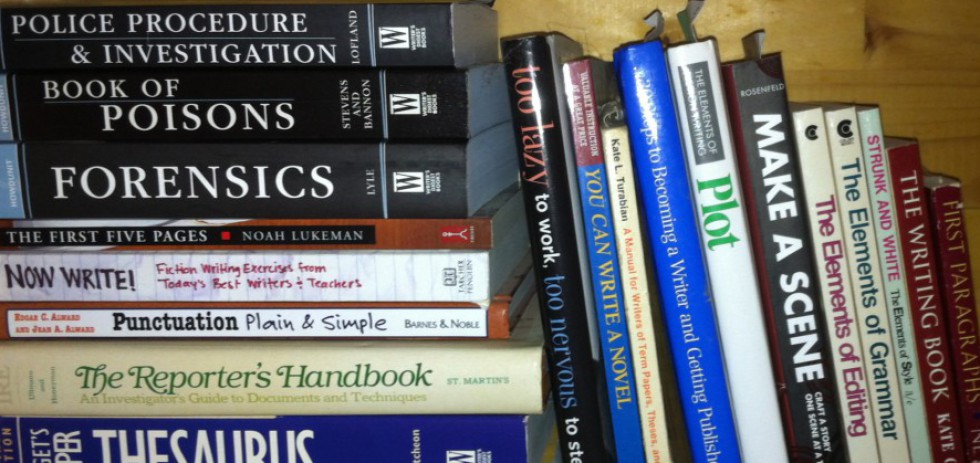Suggested Steps to Improve Your Work
By Annette Rey
Sometimes writing flows and we think we are inspired. We think we are creating a good piece. And it may be very good. But all writing needs to be reviewed for errors and improvements.
The following four basic steps will help you to self-edit and will tighten up your creation.
One: Go back to your work a day later to get a fresh perspective. Your subconscious mind has been working and will have improvements in store.
 Two: Read your work aloud. Is your voice pausing in places? Perhaps you need to insert a comma. As you read, are you not pausing at a comma point? Review, and the comma may need to be removed. Reading aloud helps you sound for flow, but you should be familiar with punctuation rules. Reading aloud is also necessary in areas of dialogue to identify whether the exchange between characters sounds believable.
Two: Read your work aloud. Is your voice pausing in places? Perhaps you need to insert a comma. As you read, are you not pausing at a comma point? Review, and the comma may need to be removed. Reading aloud helps you sound for flow, but you should be familiar with punctuation rules. Reading aloud is also necessary in areas of dialogue to identify whether the exchange between characters sounds believable.
Three: Cut unnecessary words from your work. Some writers find this a difficult task as our words are our babies. As you attempt to cut, rearranging words for clarity seems to automatically occur.
Compare:
Original sentence: There are many unnecessary words used in sentences.
Edited sentence: Many unnecessary words are often used in sentences.
Above is an attempt to shorten a sentence by cutting out the unnecessary words there are. The result is a better sentence of the same length. If you have constructed a good sentence, length is not important as long as the meaning is clear for your reader to understand.
Four: Double-check your work with reference manuals on spelling, grammar, and punctuation. We fall into comfortable habits and speak imprecisely which often translates to errors in our writing.
Please share with me some of the techniques you use to correct your work.









 Two: Read your work aloud. Is your voice pausing in places? Perhaps you need to insert a comma. As you read, are you not pausing at a comma point? Review, and the comma may need to be removed. Reading aloud helps you sound for flow, but you should be familiar with punctuation rules. Reading aloud is also necessary in areas of dialogue to identify whether the exchange between characters sounds believable.
Two: Read your work aloud. Is your voice pausing in places? Perhaps you need to insert a comma. As you read, are you not pausing at a comma point? Review, and the comma may need to be removed. Reading aloud helps you sound for flow, but you should be familiar with punctuation rules. Reading aloud is also necessary in areas of dialogue to identify whether the exchange between characters sounds believable.